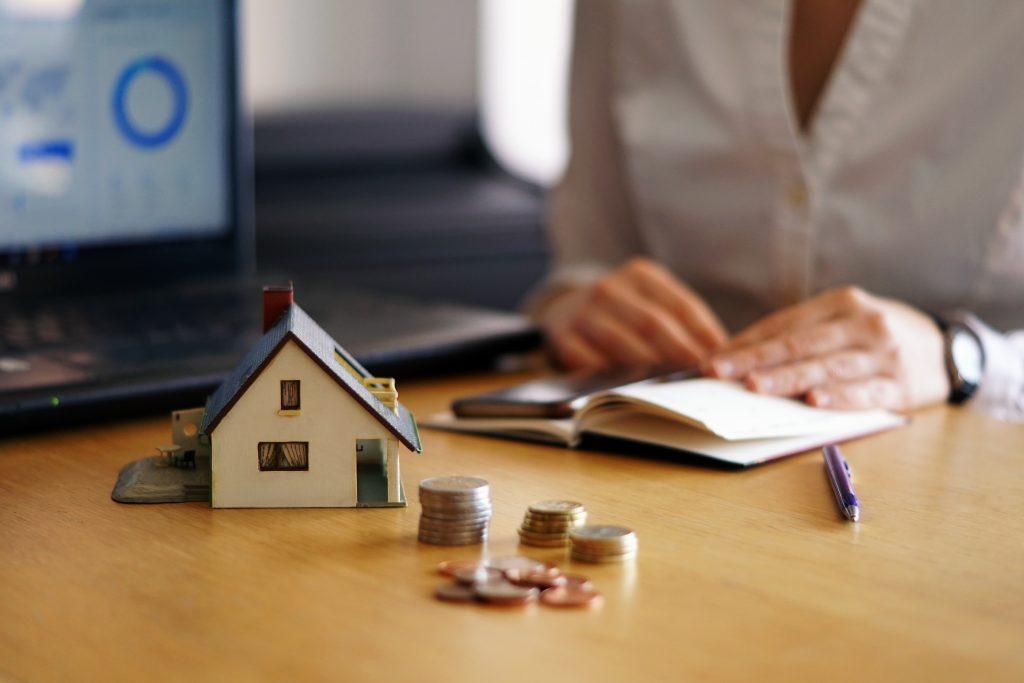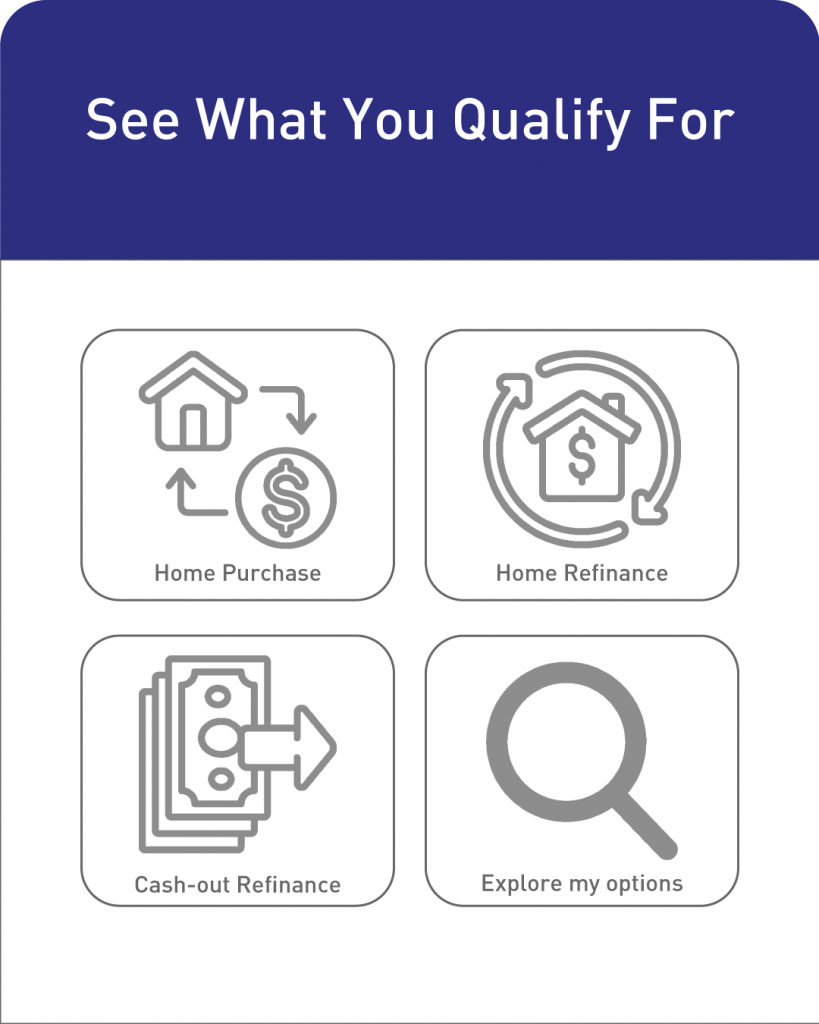Is home refinancing a good idea?
Your mortgage is one of the most significant investments you’ll make in your lifetime, and it plays a crucial role in achieving your future financial aspirations. Opting for a mortgage refinance can be a valuable tool to expedite the realization of those goals.
When considering a mortgage refinance, it’s important to carefully evaluate if it’s the best decision for you.
What Is A Mortgage Refinance?
Mortgage refinance is the process of obtaining a new mortgage to pay off your existing one. As a homeowner, it’s important to understand the different types of mortgages available to you when purchasing a second home. Familiarizing yourself with these options will help you choose the most suitable loan.

Why Should I Refinance My Mortgage?
Refinancing provides the opportunity to modify your mortgage terms, leading to a reduced monthly payment, a change in loan terms, debt consolidation, or the option to extract cash from your home’s equity for expenses such as bills or renovations.
You Need To Change Your Loan Term
Longer Mortgage Term
Shorter Mortgage Term
Refinancing can help lower your monthly mortgage payments by extending the loan term. However, a longer term may result in higher interest rates and payments over time. Refinancing can free up funds for other essential needs.
Refinancing your mortgage from a longer-term to a shorter-term arrangement can result in lower interest rates and faster home ownership. However, it may also mean higher monthly payments, so make sure your income can cover them before committing.
You Need Cash To Pay Off Debts
Regular mortgage payments can help you build equity in your home. Equity is the difference between your home’s value and what you owe your lender. You can build equity by paying down your loan or if your home’s value increases. After five years of consistent payments, you may have accumulated some equity.
Cash-Out Refinance For Debt
A cash-out refinance enables you to leverage the equity in your home by substituting your existing loan with a higher-value loan and withdrawing a portion of the accumulated equity.
Individuals often consider a cash-out refinance when they require funds to settle other debts. If you have multiple debts with higher interest rates across various accounts, a cash-out refinance allows you to consolidate these debts into a single loan with a lower interest rate. This approach allows you to clear each account, transition to a unified monthly payment, and streamline your financial obligations. Consolidating debts not only facilitates better record-keeping but also helps in reducing instances of missed payments, late fees, and overdraft charges.

You Want To Do Home Improvements Or Renovations
Leveraging home equity can be a preferable option to obtaining a personal loan or accumulating charges on a credit card, as cash-out refinances typically come with lower interest rates than most credit cards.
Cash-Out Refinance For Renovations
While you have the flexibility to use the funds from a cash-out refinance for any purpose, it’s crucial to bear in mind that your refinance essentially constitutes a loan. Before finalizing your refinance, it’s prudent to obtain estimates from contractors or repair professionals. This approach minimizes the risk of borrowing an excessive amount or falling short, ensuring that you have the appropriate funds to cover expenses related to the project without facing additional bills once the work is completed.
You Want To Allocate More To Retirement Saving
To build retirement savings, start early with investments and savings to take advantage of compounding interest. This gives you more time to accumulate interest before retirement.
Cash-Out Refinance For Investing
Cash-out refinance is a great option if you have equity in your home and haven’t reached your retirement contribution limits. Reinvesting the difference can maximize returns. You can also use the funds to improve your property, which increases your home’s value and curb appeal, resulting in a higher closing price when you sell.
You Want to Convert An ARM To A Fixed-Rate Mortgage
An ARM has a lower initial interest rate, but after a few years, the rate can change, causing uncertainty. Therefore, some homeowners opt to refinance their ARM into a fixed-rate mortgage, which eliminates the risk of interest rate fluctuations.
When Should I Refinance My Mortgage?
To refinance, consider your current home values and interest rates, the refinancing process duration, and how often you can refinance.
- Improving your credit score can also qualify you for a lower interest rate.
- Refinancing during a period of low-interest rates can lead to significant savings if you secured a loan during high rates.

